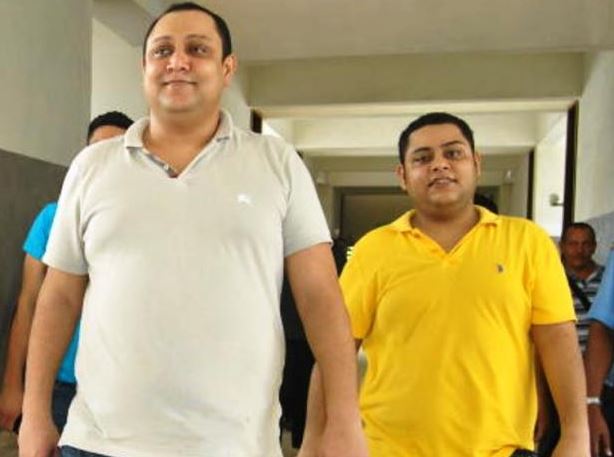×
The Standard e-Paper
Join Thousands Daily

Convicted drug lord Baktash Akasha was last evening handed a 25-year jail sentence.
In what now deals a mortal blow to the Akasha narcotics empire, Baktash will also pay a fine of Sh10 million from the proceeds of their illicit trade.